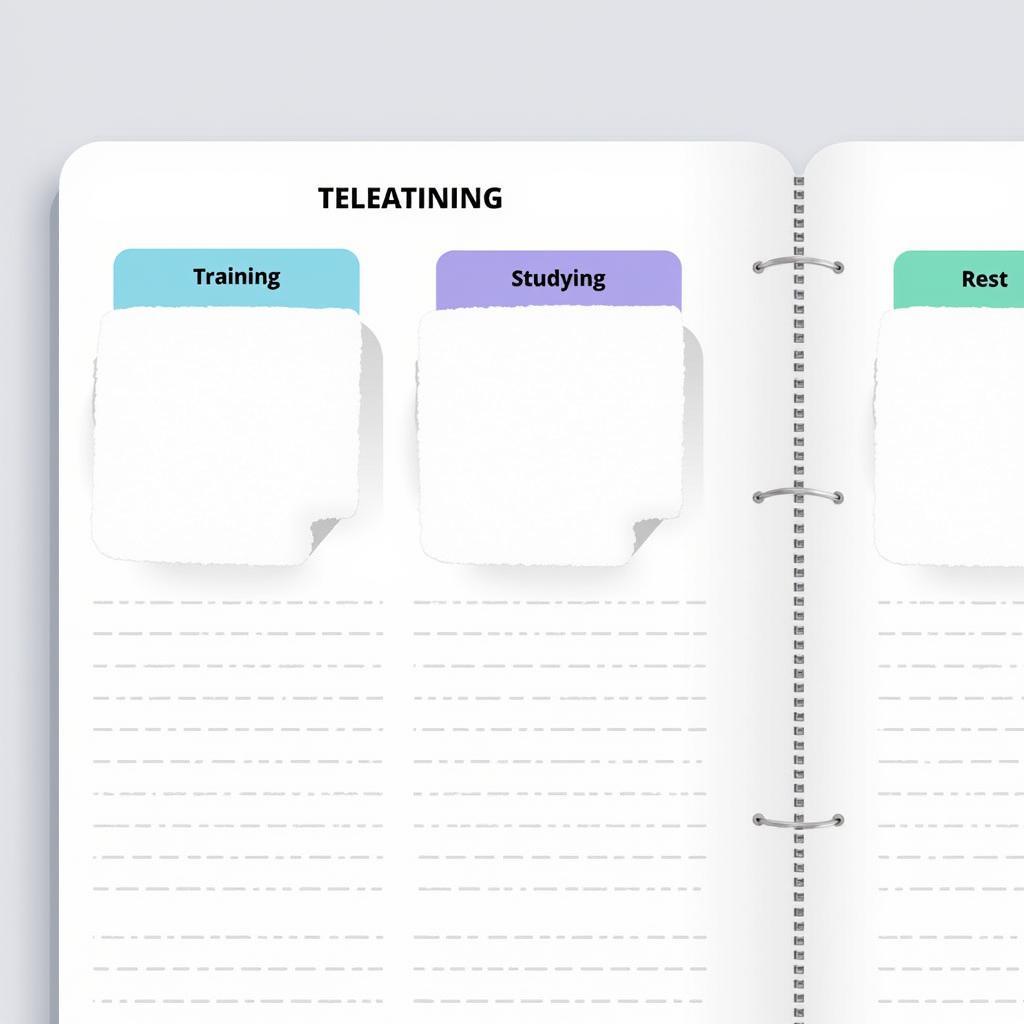GPA Games: Understanding Their Relevance for Young Football Prospects Like Yamal
October 22, 2024The world of professional football is fiercely competitive, demanding young athletes to excel not only on the pitch but also off it. While Yamal’s dazzling skills and strategic gameplay have earned him recognition, aspiring players like him often encounter the term “Gpa Games” early in their careers. But what exactly are GPA games, and why are they crucial for rising stars navigating the path to professional football?
Deciphering the Acronym: What Does GPA Stand For?
GPA stands for Grade Point Average, a numerical representation of a student’s academic performance. In the context of young athletes, GPA games refer to the importance of maintaining good grades alongside rigorous training schedules. Essentially, it underscores the significance of academic success as a parallel pursuit to athletic aspirations.
 Balancing Books and Boots: GPA's Role in a Young Footballer's Journey
Balancing Books and Boots: GPA's Role in a Young Footballer's Journey
Why Are GPA Games Important for Young Footballers?
Many prestigious youth academies and football clubs, especially those affiliated with professional leagues, prioritize a holistic approach to player development. This includes emphasizing academic excellence alongside athletic prowess. Here’s why GPA games matter:
-
Eligibility for Scholarships and Academies: Maintaining a good GPA can open doors to valuable scholarships and entry into top-tier football academies. Many institutions have strict academic requirements, and a strong GPA can be the deciding factor in securing a place.
-
Developing Essential Life Skills: Academic pursuits instill discipline, time management skills, and critical thinking abilities—all transferable skills crucial for success both on and off the field.
-
Securing a Future Beyond Football: A good education provides a safety net and opens up alternative career paths, ensuring a secure future even if a professional football career doesn’t materialize as planned.
How Can Young Players Effectively Balance Academics and Football?
 Mastering the Clock: Time Management Strategies for Student Athletes
Mastering the Clock: Time Management Strategies for Student Athletes
Balancing rigorous training schedules with academic commitments can seem daunting, but with effective strategies, it’s achievable:
-
Prioritize and Plan: Creating a structured schedule that allocates dedicated time for both training and studying is essential. Utilize planners, calendars, or time management apps to stay organized.
-
Communicate Effectively: Maintain open communication with coaches and teachers regarding training schedules and academic deadlines. This ensures everyone is on the same page and can offer support when needed.
-
Seek Support When Needed: Don’t hesitate to reach out for help. Tutors, academic advisors, and even teammates can provide valuable assistance and guidance.
-
Utilize Downtime Wisely: Utilize travel time, breaks between training sessions, or even weekends to catch up on studies or review notes.
-
Prioritize Rest and Recovery: Ensuring adequate sleep and rest is crucial for both physical and mental well-being, enabling peak performance in academics and athletics.
GPA Games: A Foundation for Success
While Yamal’s on-field talent is undeniable, understanding the importance of GPA games will undoubtedly contribute to his long-term success. By prioritizing education alongside his football aspirations, Yamal, and young athletes like him, set themselves up for a brighter future, both on and off the pitch.